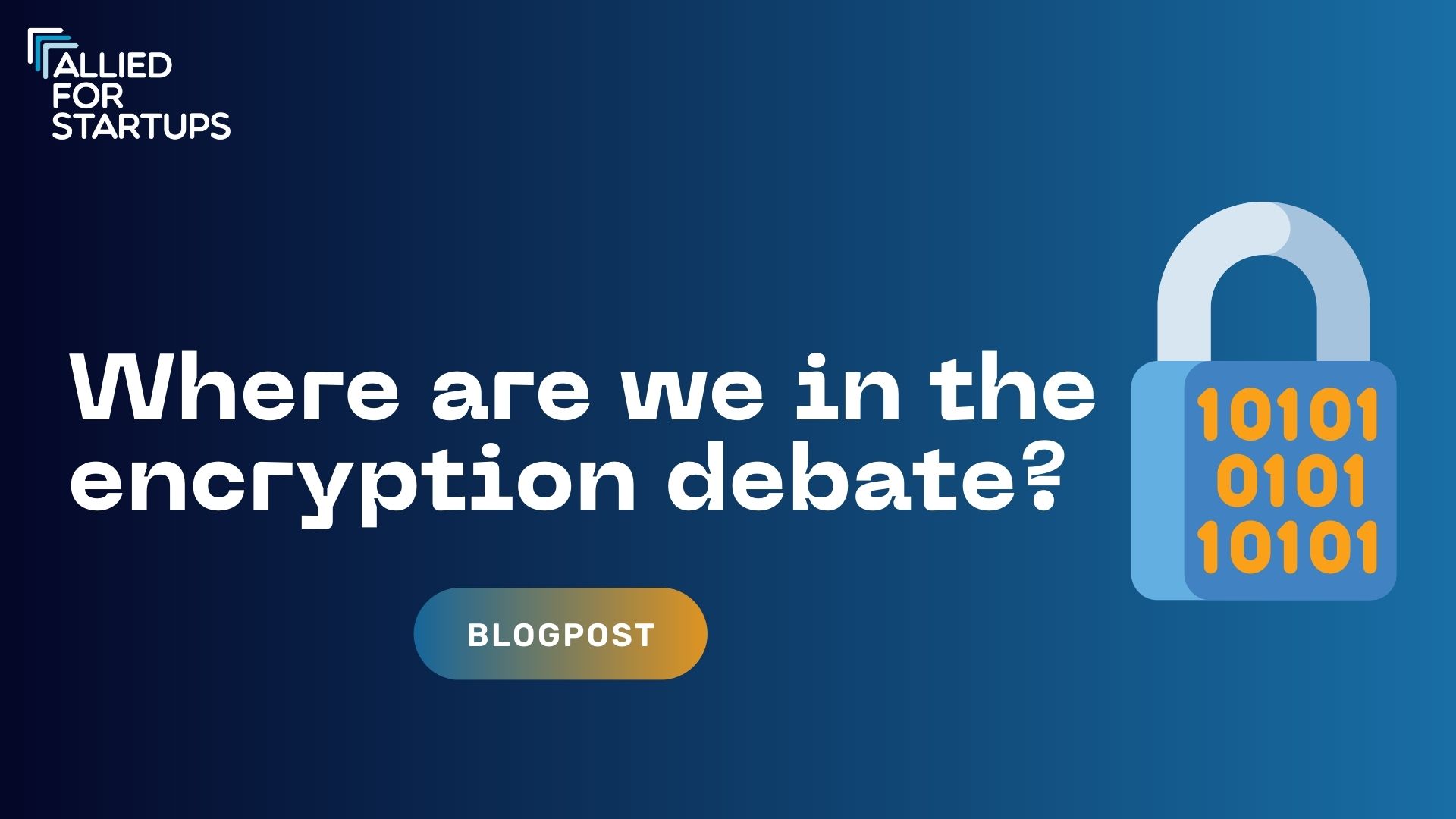Startups benefit from using encryption in their everyday operations, as it allows them to store and send information across the Internet securely at a relatively low cost. Many startups use encryption to provide secure communication channels for their employees and customers, which in turn helps to build trust and credibility around their businesses and, ultimately, meet the market’s demands. In addition, encryption offers a powerful shield for startups to protect their information against cyberattacks and other malicious practices.
What’s being discussed?
In May 2023, a survey from the Council of the EU with comments on the CSAM Proposal from 20 Member States leaked. Most notably, Spain’s position was to invalidate the purpose of end-to-end encryption (E2EE) by proposing to carry out automatic decryption at some intermediate point between the communication channels. Several other Member States, including Denmark and Ireland, expressed support for scanning encrypted content.
Countries such as Belgium took a more nuanced approach, proposing to take a step back by asking service providers to only deactivate encryption for exceptional scanning requests. Similarly, Finland had reservations about the vagueness of key terms to justify scanning execution orders like “strictly necessary” and “significant risk” and warned about the dangers of general monitoring of private communications.
Other Member States are curious about the emerging technical solutions in interpersonal communications channels. For example, the Netherlands’ position is that any technology used to detect illegal content is likely to be too costly to pay for and implement, and it stresses that there are already solutions to detect this content before it is encrypted and sent. Certainly, in the past couple of years, tech firms, big and small, have sought to study similar technical solutions to escape this deadlock.
Once again, the EU will seek to navigate the long-standing tension between the need for privacy and the need for security. However, in the context of end-to-end encryption, it seems that it is especially feared that the cure is worse than the disease. This is because weakening or banning encryption opens the door to abuses such as hacking, government surveillance, industrial espionage, identity theft and unauthorised access to sensitive information, among others.
Why does it matter for startups?
E2EE is a critical tool for startups to secure the information they store and send over the Internet. Many startups use encryption to provide secure communication channels for their employees and customers, which in turn helps to build trust and credibility around their businesses and, ultimately, meet the market’s demands. In addition, E2EE offers a powerful shield for startups to protect their information against cyberattacks at a relatively low cost. Bringing the voices of startups, as both users and providers of encryption, to the policy table will be key to having an all-encompassing debate.

